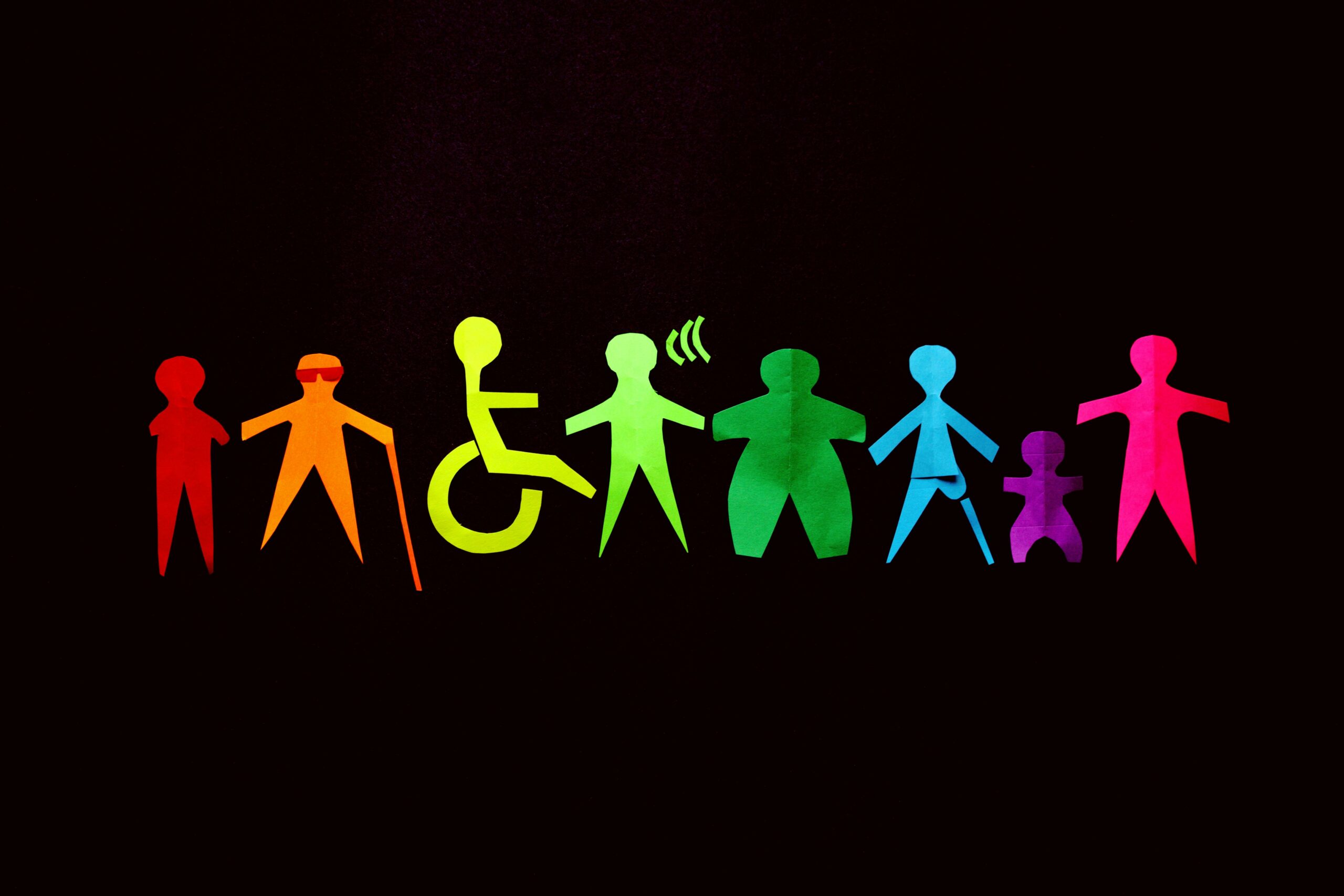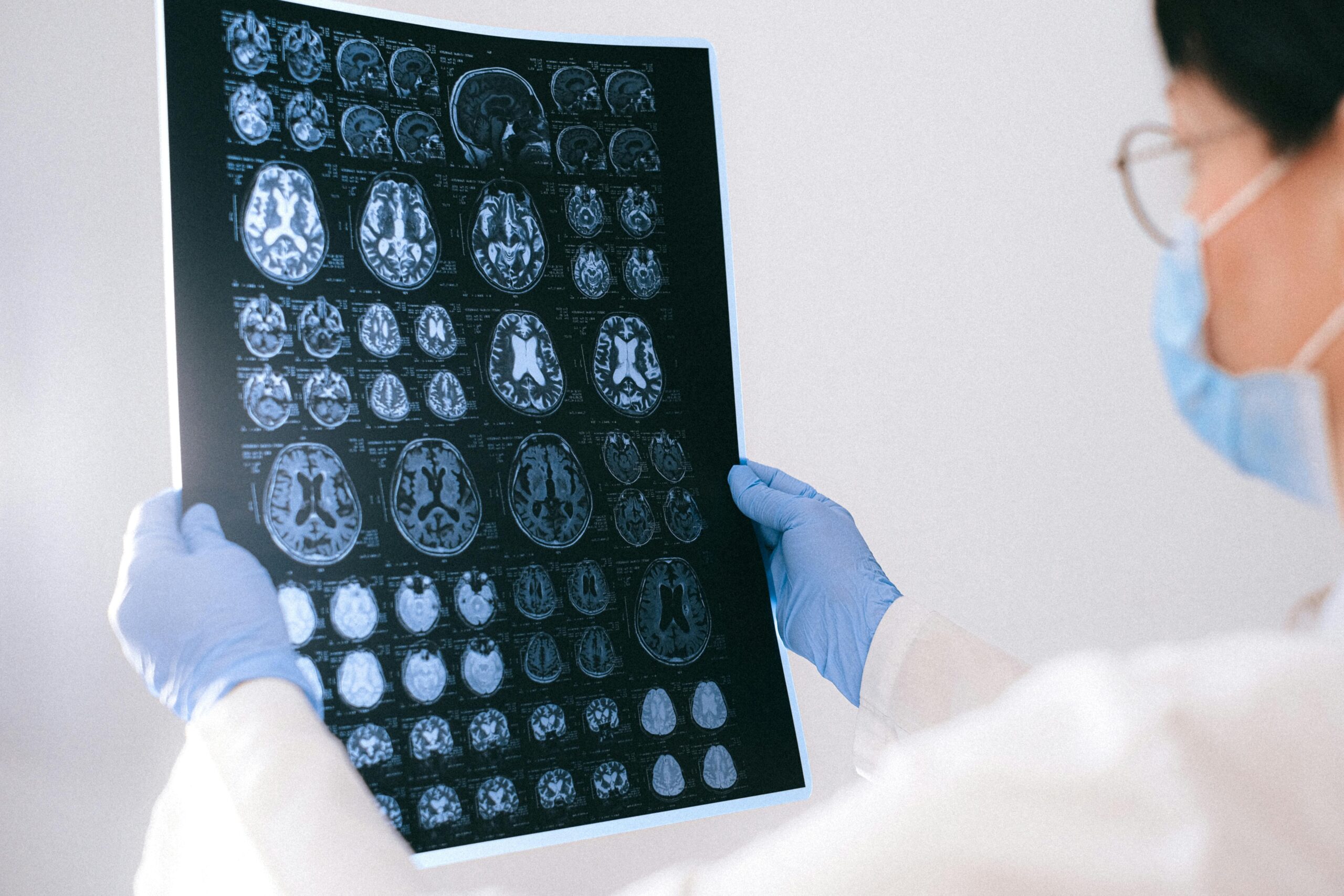Alzheimer’s Disease: Early Detection and Prevention Tips
Brief Overview of Alzheimer’s Disease Alzheimer’s Disease is a progressive neurological disorder that primarily affects the brain, leading to memory loss, cognitive decline, and changes in behavior. It is the most common form of dementia, accounting for approximately 60-80% of all dementia cases. The disease is characterized by the accumulation of abnormal protein deposits, such … Read more










